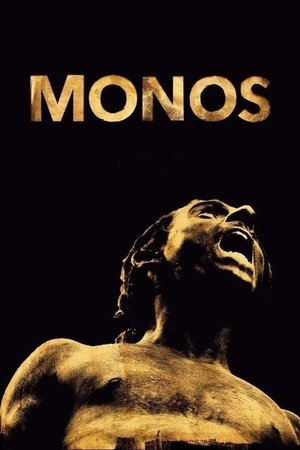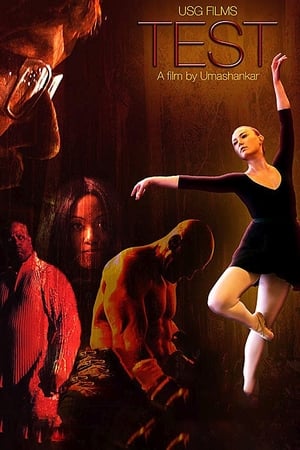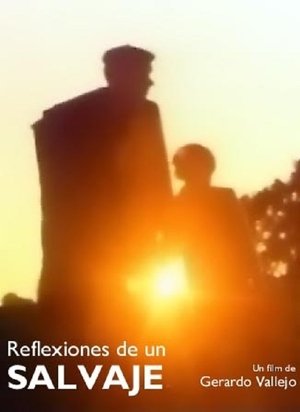

El campo para el hombre(1975)
"El campo para el hombre" was a politically militant documentary about the small holdings of land in the north of Spain and the large estates in the south of the country. This film portrays the exploitation and misery of the Spanish peasants, but also their class-consciousness and their will to fight for their rights and freedom. The film was shot in the late years of Franco's dictatorship, so it was made in secrecy (the directors were connected to the Spanish Communist Party).
Movie: El campo para el hombre

El campo para el hombre
HomePage
Overview
"El campo para el hombre" was a politically militant documentary about the small holdings of land in the north of Spain and the large estates in the south of the country. This film portrays the exploitation and misery of the Spanish peasants, but also their class-consciousness and their will to fight for their rights and freedom. The film was shot in the late years of Franco's dictatorship, so it was made in secrecy (the directors were connected to the Spanish Communist Party).
Release Date
1975-01-01
Average
7.2
Rating:
3.6 startsTagline
Genres
Languages:
EspañolKeywords
Recommendations Movies
 6.6
6.6On the Beach at Night Alone(ko)
Young-hee, an actress reeling in the aftermath of an affair with a married film director, escapes to Hamburg. But when she returns to Korea and meets with friends for drinks, startling confessions emerge.
 6.6
6.6Godzilla: City on the Edge of Battle(ja)
Humanity's desperate battle to reclaim the Earth from Godzilla continues. The key to defeating the King of the Monsters may be Mechagodzilla, a robotic weapon thought to have been lost nearly 20,000 years ago.
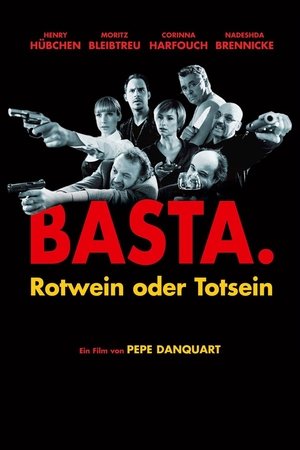 7.1
7.1C(r)ook(de)
A killer for the Russian Mafia in Vienna wants to retire and write a book about his passion - cooking. The mafia godfather suspects treason.
 7.5
7.5Naruto to Boruto: The Live 2019(ja)
“NARUTO to BORUTO THE LIVE 2019”, a special event for the 20th anniversary of the first publication of “NARUTO” series in Weekly Shonen Jump!! Featuring live performances by artists performing the theme songs of both “NARUTO” and “BORUTO: NARUTO NEXT GENERATIONS”, anime cast members reading original story episodes, and more.
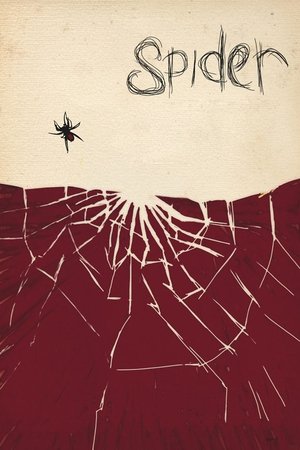 6.5
6.5Spider(en)
A young man tries to make things right again in his relationship after he and his girlfriend get in a fight.
 7.2
7.2Live Spectacle NARUTO ~Song of the Akatsuki~(ja)
After parting with Sasuke at the Final Valley, Uzumaki Naruto has been away from the village of Konohagakure to further his training. Two and a half years later, he finally returns to the village and takes his mission in Team Kakashi, then he finds the clue on Orochimaru. Naruto leads the team and heads to the place where Orochimaru is in order to save his friend Sasuke. However, little does he know that "Akatsuki" is seeking after his life to acquire the Nine-Tailed sealed in his body.
 7.6
7.6Naruto OVA 11: Sunny Side Battle(ja)
Sunny Side Battle! is an OVA that was released with Naruto Shippuden: Ultimate Ninja Storm Revolution. It features Itachi making breakfast for Sasuke in their old home.
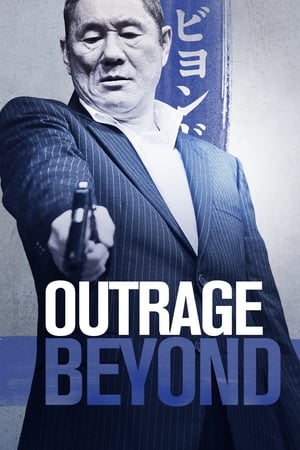 7.0
7.0Beyond Outrage(ja)
As the police launch a full-scale crackdown on organized crime, it ignites a national yakuza struggle between the Sanno of the East and Hanabishi of the West. What started as an internal strife in Outrage has now become a nationwide war in Outrage Beyond.
 7.4
7.4Demon Slayer: Kimetsu no Yaiba - Tsuzumi Mansion Arc(ja)
A recap of Kimetsu no Yaiba episodes 11–14, with new footage and special end credits. Tanjiro ventures to the south-southeast where he encounters a cowardly young man named Zenitsu Agatsuma. He is a fellow survivor from Final Selection and his sparrow asks Tanjiro to help keep him in line.
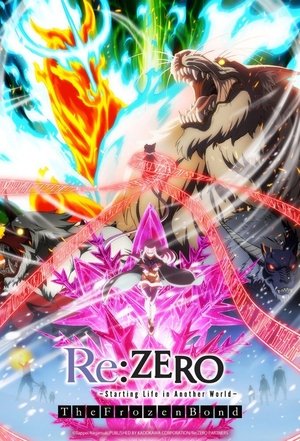 7.4
7.4Re:Zero - Starting Life in Another World The Frozen Bond(ja)
Covered in ice and snow, Elior Forest is the home to dangerous magical beasts and 50 elves frozen in ice. One day, the great spirit Puck helps a young girl break out of her ice prison. Her name is Emilia, a half-elf born with silver hair, long ears, and amethyst eyes—features that resemble the evil Witch who destroyed half the world long ago. Shunned by society because of her appearance, Emilia dwells in the forest with Puck as her sole companion and family. Burdened with a sin of destruction she does not remember committing, she spends her days trying to find a way to help her frozen kin. But when the great spirit Melakuera, the Arbitrator of the world, finds Emilia, her right to stay alive is brought into question. Will the bonds of ice she formed with Puck prove to be the warm thread that defies fate?
 7.3
7.3Naruto OVA 2: The Lost Story - Mission Protect the Waterfall Village!(ja)
Naruto and his friends must get back a jug of stolen holy water from a band of higher class ninjas.
 5.2
5.2Abracadabra(es)
A housewife struggles with her husband after he is possessed by a ghost.
 6.8
6.8Loro 1(it)
"Loro", in two parts, is a period movie that chronicles, as a fiction story, events likely happened in Italy (or even made up) between 2006 and 2010. "Loro" wants to suggest in portraits and glimps, through a composite constellation of characters, a moment in history, now definitively ended, which can be described in a very summary picture of the events as amoral, decadent but extraordinarily alive. Additionally, "Loro" wishes to tell the story of some Italians, fresh and ancient people at the same time: souls from a modern imaginary Purgatory who, moved by heterogeneous intents like ambition, admiration, affection, curiosity, personal interests, establish to try and orbit around the walking Paradise that is the man named Silvio Berlusconi.
 7.3
7.3Naruto OVA 9: Chunin Exam on Fire! and Naruto vs. Konohamaru!(ja)
Naruto faces off against his old pupil Konohamaru in a tournament during the chuunin entrance exams.
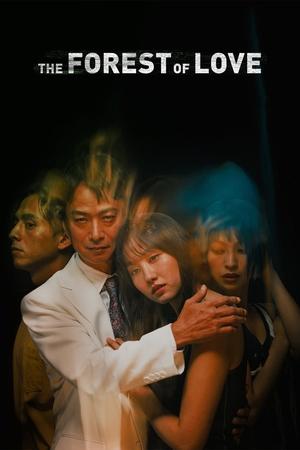 6.4
6.4The Forest of Love(ja)
A con man and a would-be filmmaking crew force themselves into the lives of two grief-scarred young women. But nothing is as it seems.
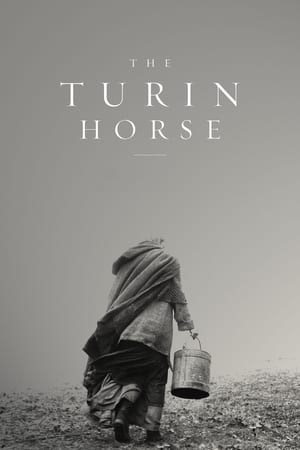 7.6
7.6The Turin Horse(hu)
A monumental windstorm and an abused horse's refusal to work or eat signal the beginning of the end for a poor farmer and his daughter.
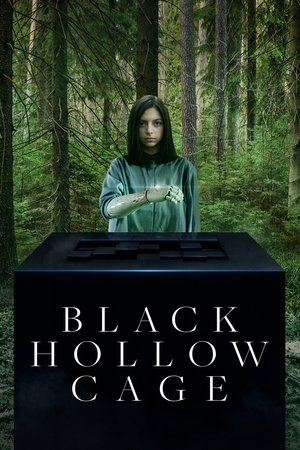 5.8
5.8Black Hollow Cage(en)
A girl who lives in a secluded house with her father and her dog finds a mysterious black cube in the woods with the ability to change the past.
Similar Movies
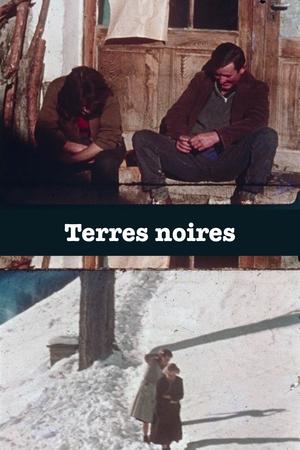 5.6
5.6Terres noires(fr)
Pseudo-ethnological documents about two villages which, without roads and electricity, "stopped existing".
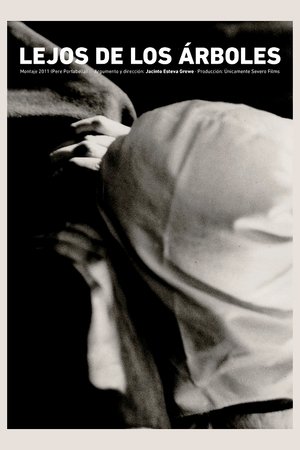 5.8
5.8Far from the Trees(es)
An unprejudiced portrait of Spanish folklore and a crude analysis in black and white of its intimate relationship with atavism and superstition, with violence and pain, with blood and death; a story of terror, a journey to the most sinister and ancestral Spain; the one that lived far from the most visited tourist destinations, from the economic miracle and unstoppable progress, relentlessly promoted by the Franco regime during the sixties.
 6.0
6.0Clawing! A Journey Through the Spanish Horror(es)
In the late sixties, Spanish cinema began to produce a huge amount of horror genre films: international markets were opened, the production was continuous, a small star-system was created, as well as a solid group of specialized directors. Although foreign trends were imitated, Spanish horror offered a particular approach to sex, blood and violence. It was an extremely unusual artistic movement in Franco's Spain.
 7.6
7.6Caudillo(en)
Caudillo is a documentary film by Spanish film director Basilio Martín Patino. It follows the military and political career of Francisco Franco and the most important moments of the Spanish Civil War. It uses footage from both sides of the war, music from the period and voice-over testimonies of various people.
 7.9
7.9Koyaanisqatsi(en)
Takes us to locations all around the US and shows us the heavy toll that modern technology is having on humans and the earth. The visual tone poem contains neither dialogue nor a vocalized narration: its tone is set by the juxtaposition of images and the exceptional music by Philip Glass.
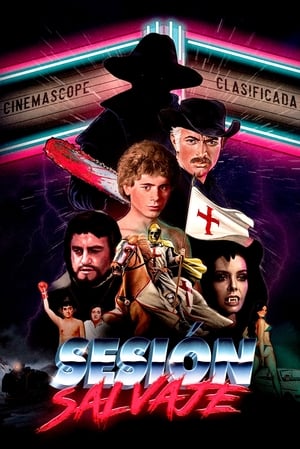 6.9
6.9Wild Session(es)
A walk through the golden age of Spanish exploitation cinema, from the sixties to the eighties; a low-budget cinema and great popular acceptance that exploited cinematographic fashions: westerns, horror movies, erotic comedies and thrillers about petty criminals.
 6.2
6.2Small Town Gay Bar(en)
The story of community in the Deep South that is forced to deal with the struggles of ignorance, hypocrisy and oppression.
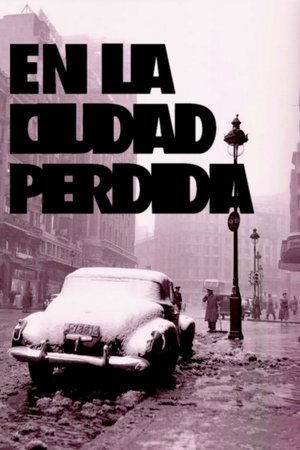 4.0
4.0In the Lost City(es)
The city of Madrid as it appears in the Spanish films of the 1950s. A small tribute to all those who filmed and portrayed Madrid despite the dictatorship, censorship and the critical situation of industry and society.
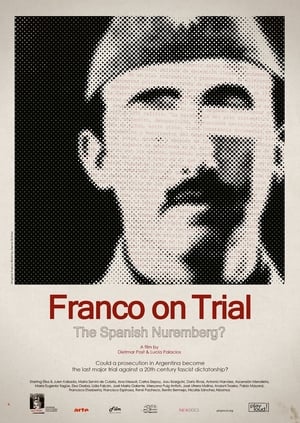 0.0
0.0Franco on Trial: The Spanish Nuremberg?(en)
Franco on Trial is the new film by Dietmar Post and Lucía Palacios. After the success of Franco's Settlers, their first encounter with Franco's dictatorship, they are now setting their sights on one of the darkest chapters of European history: the presumed organized extermination that took place during the coup, the war, and the subsequent dictatorship led by Franco, as well as Argentina's current effort, by invoking the principle of universal jurisdiction, to prosecute Francoists accused of committing crimes against humanity. The film is also a sore reminder of an issue that still stands today: the clear-cut accountability held by Germany, Italy, and Portugal. The film accomplishes to give both sides a voice - those against whom the killing has been directed; and the side of the perpetrators.
 1.0
1.0America's Hate Preachers(en)
Director Hannah Livingston spends 6 months tracking two of America's most radical Christian hate groups - a notorious pastor from Arizona and a network of extremist preachers.
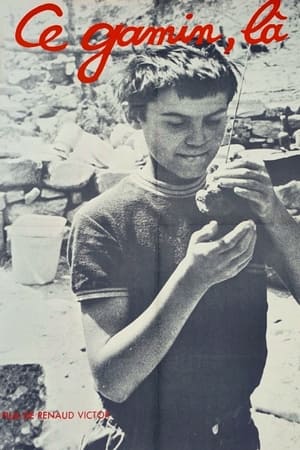 5.0
5.0That Kid(fr)
A group of educators led by Fernand Deligny are working to create contact with autistic children in a hamlet of the Cevennes.
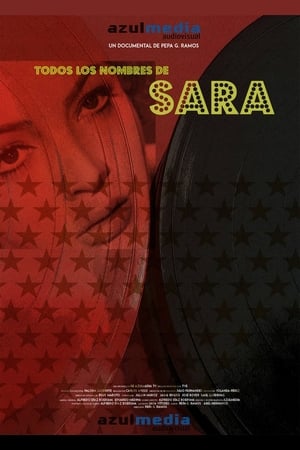 4.0
4.0Todos los nombres de Sara(es)
Born in Campo de Criptana, a small village in the Spanish region of La Mancha, Sara Montiel (1928-2013) conquered Mexico, Hollywood, and the hearts of people. The recognition of an unparalleled professional career, an intimate dialogue with a tireless worker who took the stage at the age of twelve and never got off. A movie star who seduced millions of viewers around the world, a singer who reinvented a musical genre, a woman who broke the mold…
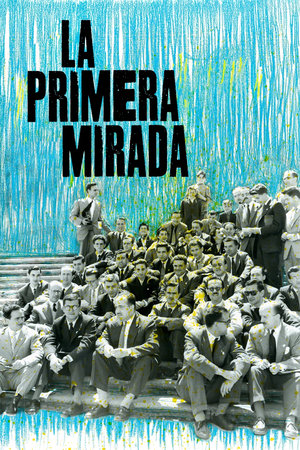 0.0
0.0The First Look(es)
In Spain, a poor country ruined by the recent Civil War (1936-39), and in the midst of Franco's dictatorship, a film school was created in Madrid in 1947, which became, almost unintentionally, a space of freedom and pure experimentation until its closure in 1976.
 0.0
0.0Uncensored Women(es)
The story of a group of actresses who, in the Spain of the seventies, and in the midst of the democratic Transition, decided to appear nude in the films of that time of radical political change, defying the rigid and deeply rooted social rules.
 6.7
6.7The Most Dangerous Man in Europe: Otto Skorzeny's After War(es)
Waffen-SS officer Otto Skorzeny (1908-75) became famous for his participation in daring military actions during World War II. In 1947 he was judged and imprisoned, but he escaped less than a year later and found a safe haven in Spain, ruled with an iron hand by General Francisco Franco. What did he do during the many years he spent there?
 8.1
8.1The Silence of Others(es)
The story of the tortuous struggle against the silence of the victims of the dictatorship imposed by General Franco after the victory of the rebel side in the Spanish Civil War (1936-1975). In a democratic country, but still ideologically divided, the survivors seek justice as they organize the so-called “Argentinian lawsuit” and denounce the legally sanctioned pact of oblivion that intends to hide the crimes they were subjects of.
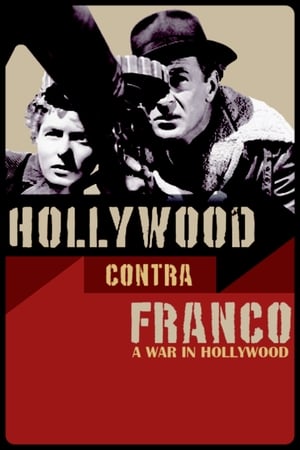 6.8
6.8A War in Hollywood(es)
The Spanish Civil War (1936-1939) caused a great impression on the lives of most of the American artists of that era, so many movies were made in Hollywood about it. The final defeat of the Spanish Republic left an open wound in the hearts of those who sympathized with its cause. The eventful life of screenwriter Alvah Bessie (1904-1985), one of the Hollywood Ten, serves to analyze this sadness, the tragedy of Spain and its consequences.
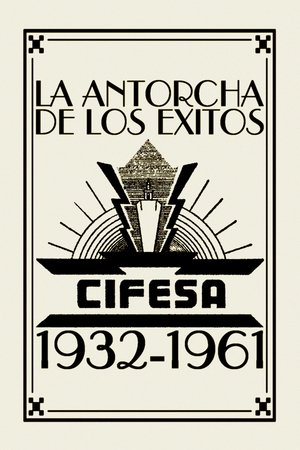 4.0
4.0La Antorcha de los Éxitos: Cifesa (1932-1961)(es)
The amazing story of Cifesa, a mythical film production company founded in Valencia by the Casanova family that managed to dominate the box office during the turbulent times of the Second Spanish Republic, the carnage of the Civil War and the hardships of the long post-war period and Franco's dictatorship — and survive until the sixties, when Spain was timidly beginning to change.
 0.0
0.0Prime Farmland(en)
This documentary film follows farmers and activists fighting together to stop the Indiana Enterprise Center, a mega-sized industrial park planned west of South Bend, Indiana
